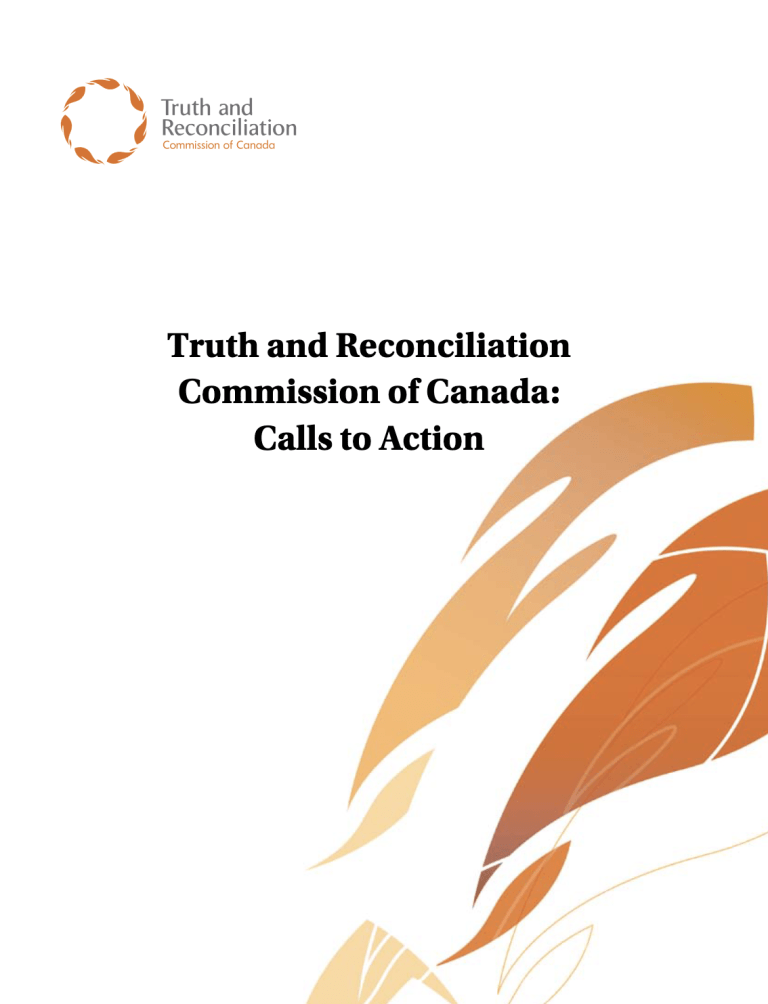Search the Baseline Project
To search the recommendations database, please visit the database main page.
To search the recommendations database, please visit the database main page.

In 2015, the Truth and Reconciliation Commission of Canada published 94 calls to action to redress the legacy of residential schools and advance the process of Canadian reconciliation.